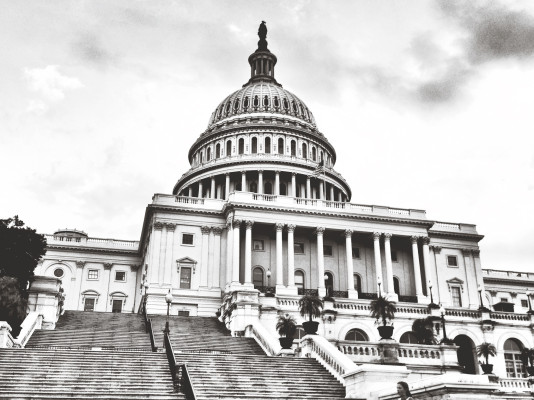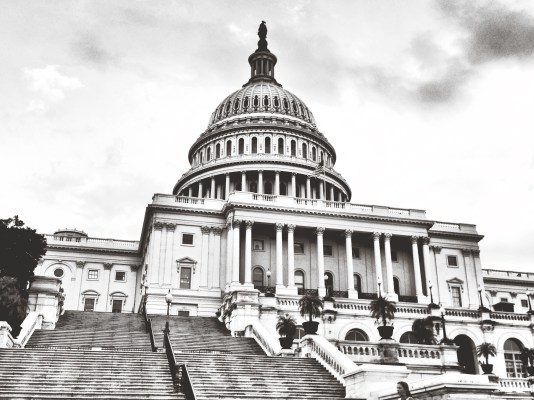

The 2018 mid-term elections, for the first time in U.S. history, resulted in a Congress that has the look and feel of America… our very diverse America. There are now 102 women serving in Congress and a record number of members representing all Americans. Our members now represent the African American, Hispanic, LGBTQ and interfaith communities.
Thirteen new members are under the age of 35. This evolution of the legislative branch provides an opportunity to represent the best interests of all consumers. In our digital world, what is it that consumers, from each and every community represented by this new diverse Congress, have asked for? Online privacy protections.
As consumers enjoy the benefits of the great range of services that ride on the internet, they have increasingly lost confidence in once-trusted companies that, we now know, have offered false promises of protections for their private online information. In 2018, consumers experienced one of the greatest losses of their personal information when Facebook revealed that Cambridge Analytica gathered the personal data of millions of Facebook users without their consent.
In another significant incident, Marriott had its database hacked and the information about more than 500 million individuals was accessed from their guest reservation system. Uniquely personal information, including phone numbers, passport numbers and dates of birth, could all be accessed from the Marriott database. These are just two examples, with many other incidences of loss of consumers’ personal data over the past several years by companies small and large.
These data breaches all come at a significant cost to consumers and companies. According to an IBM study last year, the average cost of a data breach per comprised record in 2018 was $148. The total cost of a breach that impacts 50 million comprised records (an average size breach) costs a total of more than $350 million — and these dollar amounts increase every year.
While the monetary costs of a data breach are significant to business, the real, and perhaps even greater costs, are borne by consumers. The loss of privacy, the potential for identity theft and the years it takes to repair the damages that result from identity theft are seemingly immeasurable.
Consumers are now very aware that the country lacks a reliable solution to online privacy threats and concerns. It’s time for Congress to pass legislation that will implement a set of national privacy rules, offering consumers strong privacy and data security protections, and data breach notifications. These privacy rules should be uniformly applied to all companies in the online ecosystem.
Consumers cannot distinguish between the companies they engage with in the online world, so neither should the rules. The best arbiter to manage and enforce these national rules is the Federal Trade Commission. The FTC has the expertise in consumer protection in privacy and security matters and should continue to build on this role with new and enhanced privacy protections.
While state legislative initiatives are noble efforts to offer privacy protections, this approach is not ideal for consumers, or for the digital economy.
They don’t offer uniform rules and they will protect a microcosm of consumers at best. As Representative Suzan DelBene recently stated in reference to states moving forward on privacy legislation, “If we are not careful, we risk creating digital borders… within the (United) States causing massive disruptions in digital supply chains and digital trade…” A patchwork of state laws versus a national law could result in other implications for our digital economy, as well. Congress must realize the immediate need of this privacy crisis and act; limited state protections cannot fill this void.
The best, and most long-lasting, resolution for consumers is for Congress to approve bipartisan privacy protections, providing national rules of the road for all companies to adhere to in this digital ecosystem.
With the unprecedented diversity represented by this Congress, we can feel confident that all points of view are being heard. It’s time to renew consumer confidence in our online services and devices. Let’s get it done, Congress. Our online privacy is an important protection that just can’t wait.

